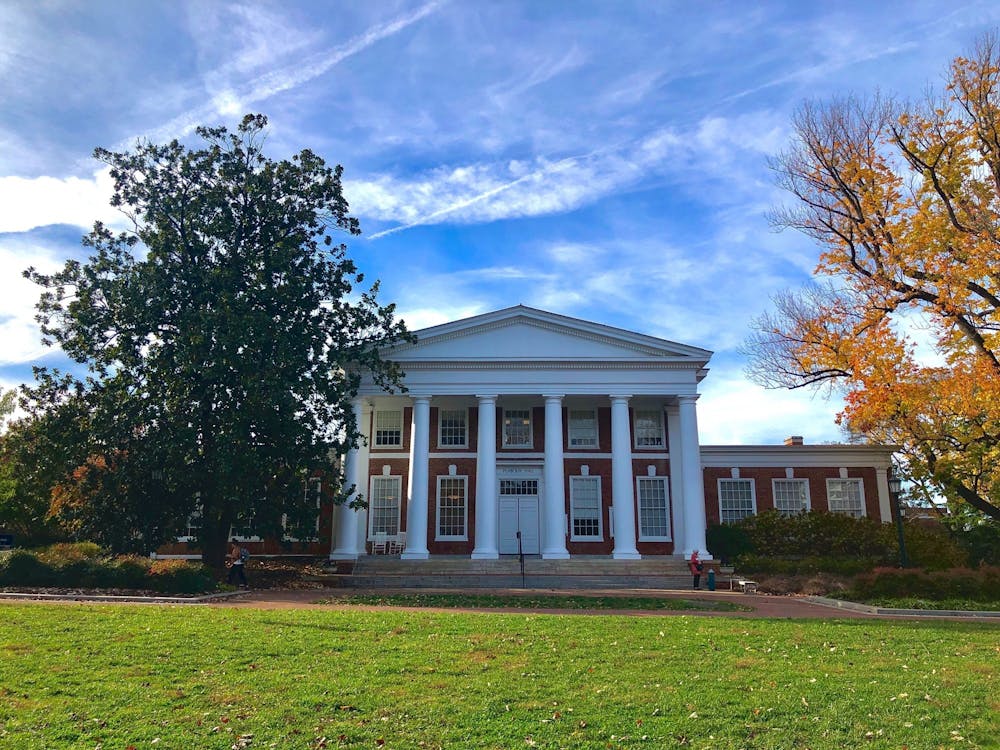Student Council President Noah Sullivan and Council Vice President for Organizations Rebecca Keyworth held a forum with representatives from over a dozen CIOs last night to discuss reforming the appropriations process, an issue a number of Council members have identified as the most important initiative that Council will undertake this year.
"I think that a forum [about appropriations reform] is important because it gives us a chance to talk to students about what changes will be taken," Sullivan said.
Sullivan said he was pleased by the open discussion format, versus typical Council proceedings.
"There are no voting records here -- just an open dialogue," he said.
Beginning last summer, a task force composed of University students and administrators formulated three possible ways to change the process through which the Student Activities Fund is allocated.
The first proposal involves putting student groups into one of 10 categories and dividing the SAF among the categories. The classic appropriations process would be used to allocate funds from each category to the individual groups.
Under the second proposal, Council's representative body would determine areas of emphasis that would have a positive impact on the student body, such cultural awareness or civic participation, before moving on to a rolling grant process overseen by the Appropriations Committee.
The second proposal drew criticism from a number of groups.
"This plan places the representative body in a position where they get to decide value and worth with organizations," said Joshua Rychak, business manager for the Consortium of University Publications. "It puts our SAF dollars not in the hands of someone making decisions on fiscal terms but on their own priorities."
Chris Riedel, webmaster of Shakespeare on the Lawn, had a similar concern with the second plan.
"I think each body deserves full consideration," Riedel said. "We do Shakespeare every year regardless of what the rep. body decides to focus on."
The third and, according to Sullivan and Keyworth, the most well received proposal thus far, involves the division of the SAF into operational, travel and activity expenses. The operational and activity expenses of individual groups would be reviewed annually, while travel expenses would be reviewed on a rolling basis.
The third proposal easily gained the most approval at the forum.
"I like the third proposal," said Andrew Pratt, literary editor for The Declaration, a member publication of the COUP. "It represents the ideas of people that enjoy the current system, but it also has new aspects that will help groups that feel disempowered now."
Several groups, however, said they are satisfied with the current appropriations process.
"The week of appropriations stinks, but once it passes, it's over," Outdoors at U.Va. co-President Case Taintor. "There are so many more variables with these plans. A rolling process would take a lot more work for treasurers."
According to Keyworth, Council will continue to seek feedback from student groups before deciding on appropriations reforms by the end of the semester.





